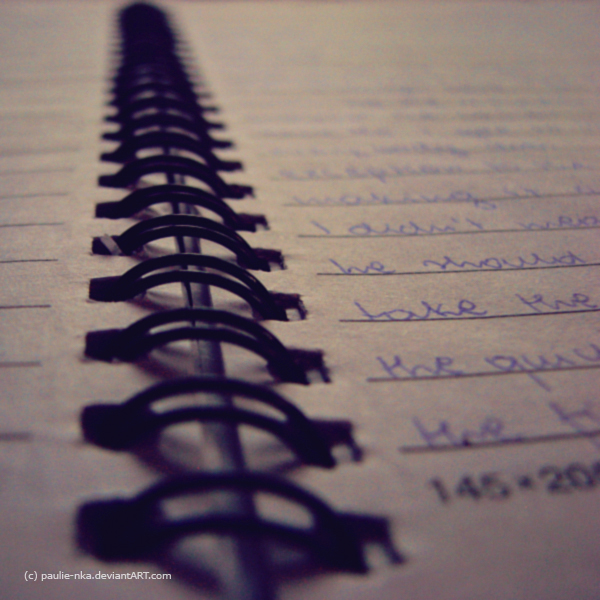So, through Roni Griffin's blog (The Fiction Groupie), I've found another blogger whose recent posts have done WONDERS for me a in a very short span of time. Her name is Lynnette Labelle and her blog is called Chatterbox Chitchat. The posts that I'm talking about discuss something called the "Three Act Structure".
Act One
Act Two
Act Three
Ok, so when you read these, they might seem like common sense and when I'm reading other people's works I can pick up on the use of this structure. Unfortunately, when it comes to my own writing, I freak out and shut my brain off. I stress out about telling the story so much that I completely forget how to...well, tell the damn story. I read these posts and then in my outline notebook, I split my story into the three acts and looked at each section. MAN, it's like my story wrote itself once I did this! So, I'm recommending the three act structure to EVERYONE. This way, if you're like me, you can shut your brain off and not worry about your story suffering for it!
SO, DO YOU HAVE YOUR OWN LITTLE TRICKS AND METHODS FOR GETTING YOUR STORIES WRITTEN? WHAT WORKS BEST FOR YOU? DID THE 3-ACT STRUCTURE HELP YOU AS MUCH AS IT DID ME?
![*{[FrankenMuse]}*](https://blogger.googleusercontent.com/img/b/R29vZ2xl/AVvXsEhooCg5Fmii2zq1Llg5q9qt78Tt4C3ivq8zTu0H0F0sxxua9PQQ4H8K-Wj-E9gEcag4FKpxUUUjl06rAedvfLse8oyg9TyjGXmCMAEh61b7jKfHaqOjJeT3h2-BkOjbEU0Bgv5s4_lkFrc/s1600/FrankenMuse.jpg)



Hooray for aha moments!!
ReplyDeleteI use a four-act structure. Why four acts? I dunno! I caught on a few years ago that all of my stories have the same basic four act structure, so now I outline them that way and work in from there.
So… four parts in a book. Four parts in an act. Four parts in a chapter. Four parts in a scene.
I also plot based on 8-12 key scenes, and then connect the dots between them. I may not know everything that happens, but I know where I need to end up, and that helps a lot, especially in the first draft.
You know what I like about what you do? That you use your formula right down to the scenes. I don't know if I'll go that far, but I think I'll try applying it my chapters.
ReplyDeleteKnowing where you're going to end up is a huge help. Sometimes, when you know where you're going you can even work backwards.